A Global Gathering for Galapagos
31 July 2025 📍 Houston Zoo
The Charles Darwin Foundation is celebrating 65 years of groundbreaking conservation work in the Galapagos Islands and we want you to be part of it!

Discover our work conserving key marine species in Galapagos and the Eastern Tropical Pacific.
View our Ocean Programs Deep-ocean exploration & conservation Mangrove Ecology and Climate Change Marine biodiversity research Marine bird conservation Ocean governance Sea turtle conservation Shark ecology and conservationExplore our efforts to safeguard and restore the Galapagos Islands' iconic land-based fauna and flora.
View our Land Programs Conservation of threatened plant species Control of the avian vampire fly Giant tortoise conservation Landbird conservation Restoration of Arid Zones Scalesia forest restorationUnderstand how our work is grounded in the benefits nature provides to the people of Galapagos.
View our people programs Education and Community Outreach Sustainable fisheries Sustainability for Conservation Urban and rural restoration
Make a lasting impact in Galapagos. Donate to support our mission and our work.
Donate Give monthly Adopt a speciesThere are a number of other ways you or your organization can contribute to our work.
A Night of 65 House Parties: 31 July 2025 Leave a legacy gift Become a corporate donor Fundraise for GalapagosThe impact you make in Galapagos is part of a larger footprint. Get involved today.
Meet our donors Become a CDF Ambassador Become a volunteer Send a free e-card! Sign up to our newsletter
Discover how our science and conservation programs are making a difference for the future of Galapagos.
View moreThe latest news releases from the Charles Darwin Foundation and its Research Station.
View moreExplore firsthand accounts from our researchers, staff, and collaborators in Galapagos.
View more
When you travel to Galapagos, you become part of a global effort to protect these iconic islands.
About Galapagos Travel tips How to pack for Galapagos Frequently Asked Questions Galapagos National Park Rules

Discover our work conserving key marine species in Galapagos and the Eastern Tropical Pacific.
View our Ocean Programs Deep-ocean exploration & conservation Mangrove Ecology and Climate Change Marine biodiversity research Marine bird conservation Ocean governance Sea turtle conservation Shark ecology and conservationExplore our efforts to safeguard and restore the Galapagos Islands' iconic land-based fauna and flora.
View our Land Programs Conservation of threatened plant species Control of the avian vampire fly Giant tortoise conservation Landbird conservation Restoration of Arid Zones Scalesia forest restorationUnderstand how our work is grounded in the benefits nature provides to the people of Galapagos.
View our people programs Education and Community Outreach Sustainable fisheries Sustainability for Conservation Urban and rural restoration
Make a lasting impact in Galapagos. Donate to support our mission and our work.
Donate Give monthly Adopt a speciesThere are a number of other ways you or your organization can contribute to our work.
A Night of 65 House Parties: 31 July 2025 Leave a legacy gift Become a corporate donor Fundraise for GalapagosThe impact you make in Galapagos is part of a larger footprint. Get involved today.
Meet our donors Become a CDF Ambassador Become a volunteer Send a free e-card! Sign up to our newsletter
Discover how our science and conservation programs are making a difference for the future of Galapagos.
View moreThe latest news releases from the Charles Darwin Foundation and its Research Station.
View moreExplore firsthand accounts from our researchers, staff, and collaborators in Galapagos.
View more
When you travel to Galapagos, you become part of a global effort to protect these iconic islands.
About Galapagos Travel tips How to pack for Galapagos Frequently Asked Questions Galapagos National Park Rules

Discover our work conserving key marine species in Galapagos and the Eastern Tropical Pacific.
View our Ocean Programs Deep-ocean exploration & conservation Mangrove Ecology and Climate Change Marine biodiversity research Marine bird conservation Ocean governance Sea turtle conservation Shark ecology and conservationExplore our efforts to safeguard and restore the Galapagos Islands' iconic land-based fauna and flora.
View our Land Programs Conservation of threatened plant species Control of the avian vampire fly Giant tortoise conservation Landbird conservation Restoration of Arid Zones Scalesia forest restorationUnderstand how our work is grounded in the benefits nature provides to the people of Galapagos.
View our people programs Education and Community Outreach Sustainable fisheries Sustainability for Conservation Urban and rural restoration
Make a lasting impact in Galapagos. Donate to support our mission and our work.
Donate Give monthly Adopt a speciesThere are a number of other ways you or your organization can contribute to our work.
A Night of 65 House Parties: 31 July 2025 Leave a legacy gift Become a corporate donor Fundraise for GalapagosThe impact you make in Galapagos is part of a larger footprint. Get involved today.
Meet our donors Become a CDF Ambassador Become a volunteer Send a free e-card! Sign up to our newsletter
Discover how our science and conservation programs are making a difference for the future of Galapagos.
View moreThe latest news releases from the Charles Darwin Foundation and its Research Station.
View moreExplore firsthand accounts from our researchers, staff, and collaborators in Galapagos.
View more
When you travel to Galapagos, you become part of a global effort to protect these iconic islands.
About Galapagos Travel tips How to pack for Galapagos Frequently Asked Questions Galapagos National Park Rules
The Charles Darwin Foundation is celebrating 65 years of groundbreaking conservation work in the Galapagos Islands and we want you to be part of it!
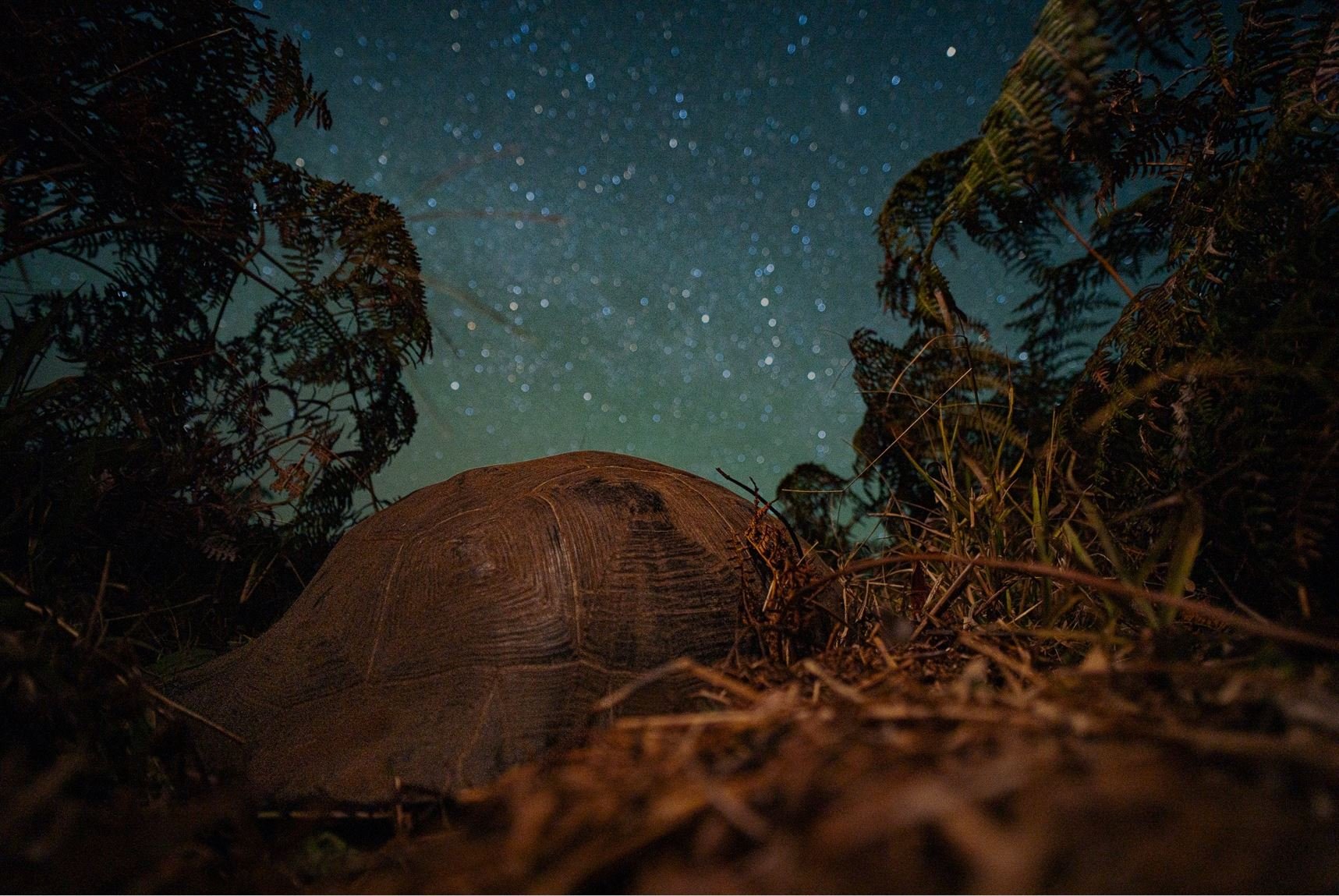
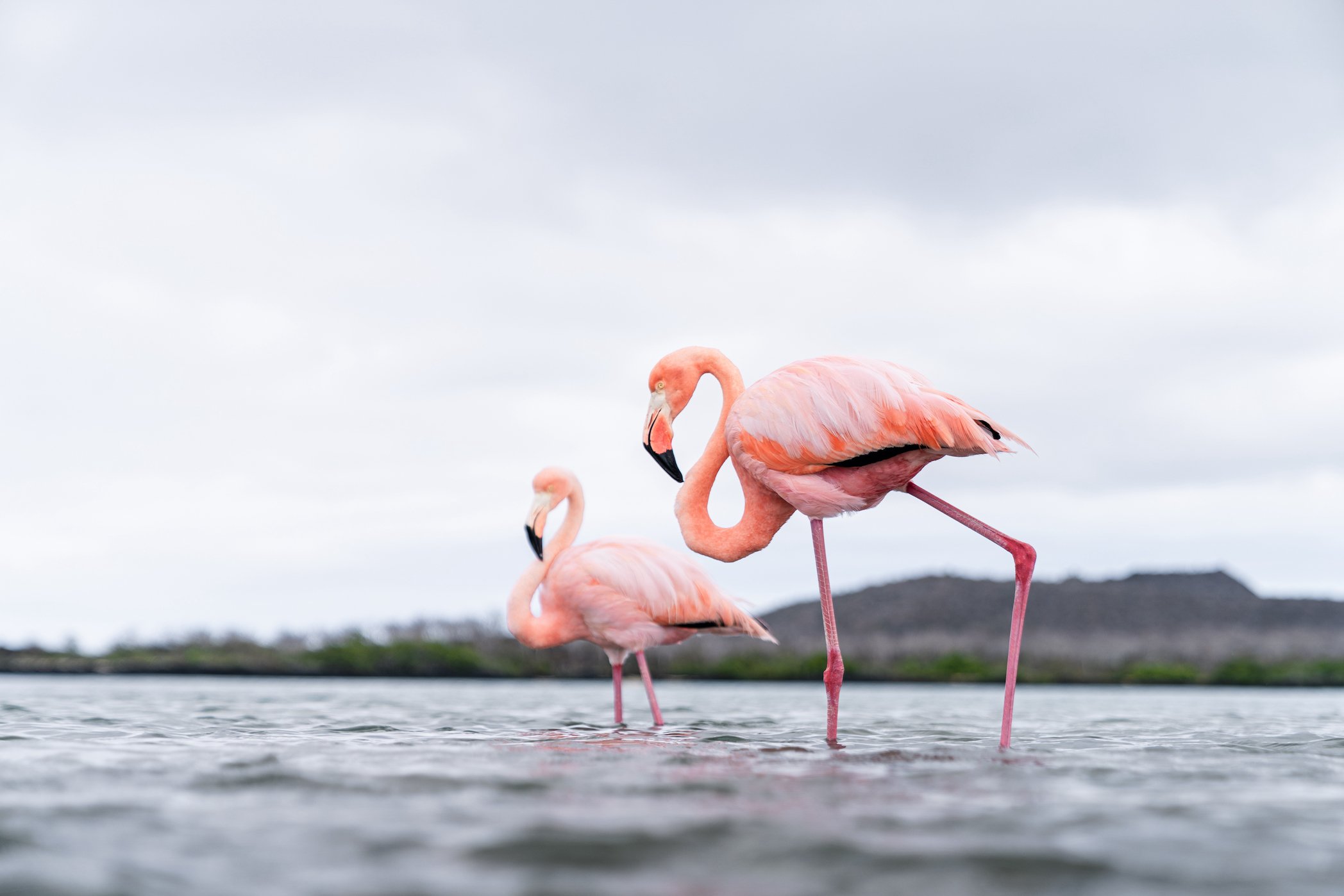
Reconnect with a community of biodiversity champions at the Houston Zoo’s stunning Galapagos Exhibit. Secure your spot by making a donation.
Suggested donation: $100 per guest / $50 per student
A limited number of free tickets are available from the Sponsors of the event. Contact Jim Boyle at jim.boyle@fcdarwin.org.ec for more information.
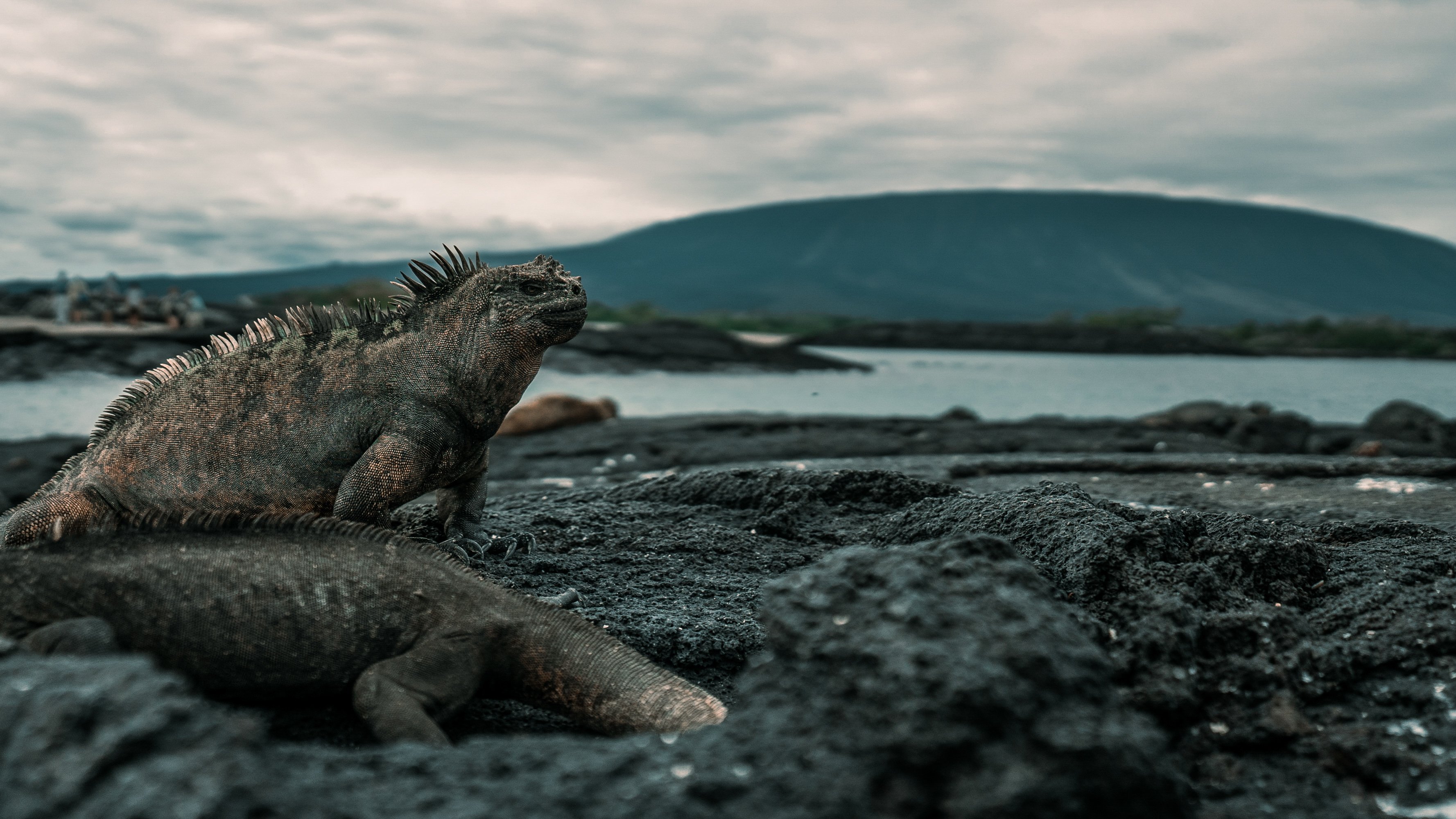
Take your support a step further. As a host, you will be able to connect with fellow supporters of biodiversity and conservation and be prominently featured in our event marketing campaigns — a testament to your commitment to safeguard one of the world’s most unique ecosystems.
Contribution: $500 per person / $1,000 per couple
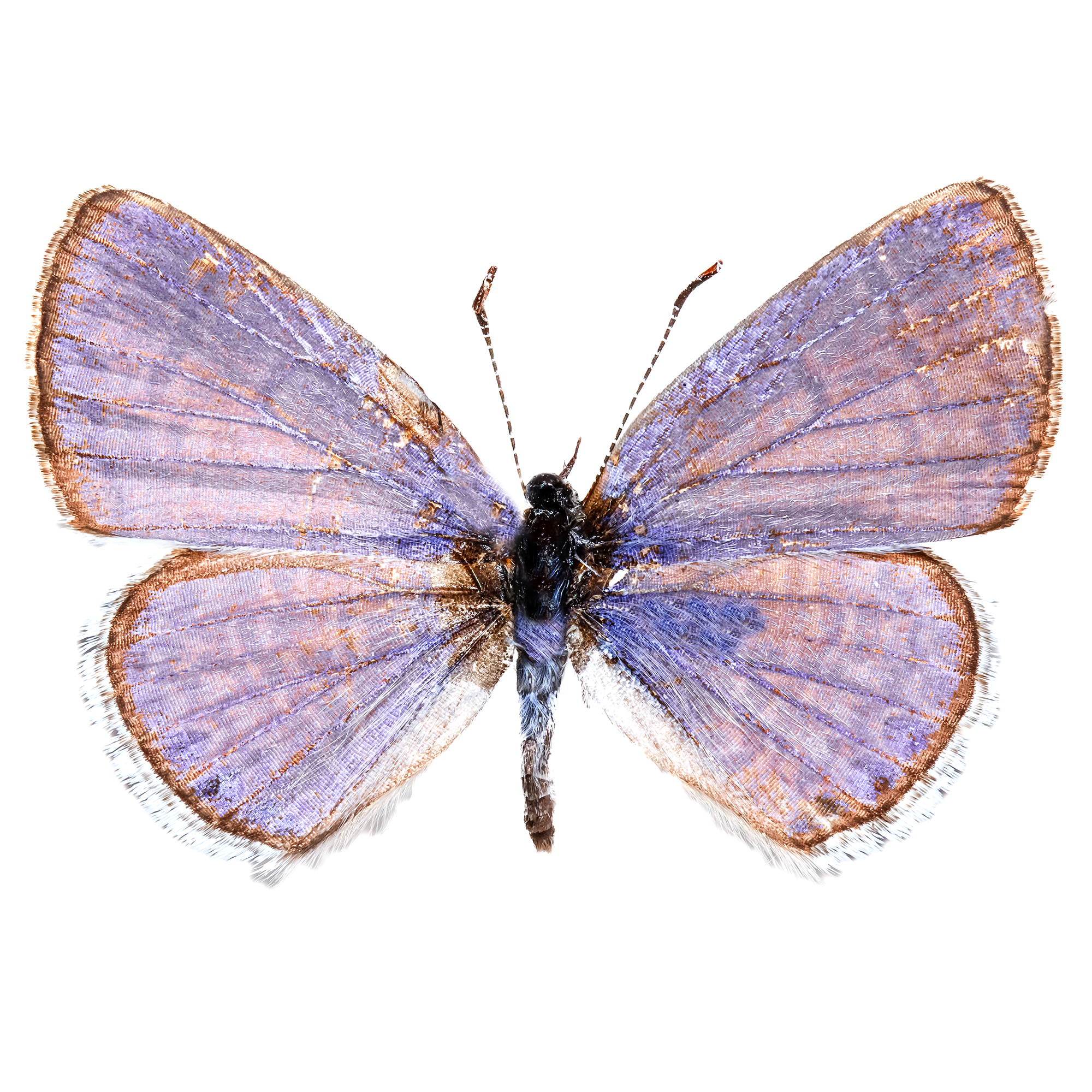
Make a lasting impact as a Sponsor with a gift of $5,000 or more. In thanks, enjoy exclusive perks—including VIP access at the event and a behind-the-scenes experience in Galapagos, with private tours and visits to the Charles Darwin Research Station.
To learn more about sponsorship opportunities, please contact our Chief Development Officer, Jim Boyle
The Houston Zoo’s Galapagos exhibit is the first major showcase of its kind, immersing visitors in the distinctive landscapes and oceanic habitats of the enchanted islands. Highlighting the region’s remarkable wildlife, the exhibit emphasizes Galapagos as a symbol of unique species, fragile ecosystems, and the urgent need for conservation efforts. Featured animals include the Galapagos tortoise, Humboldt penguin, California sea lion, and bonnethead shar–species that represent the broader marine and coastal environments connected to Galapagos.
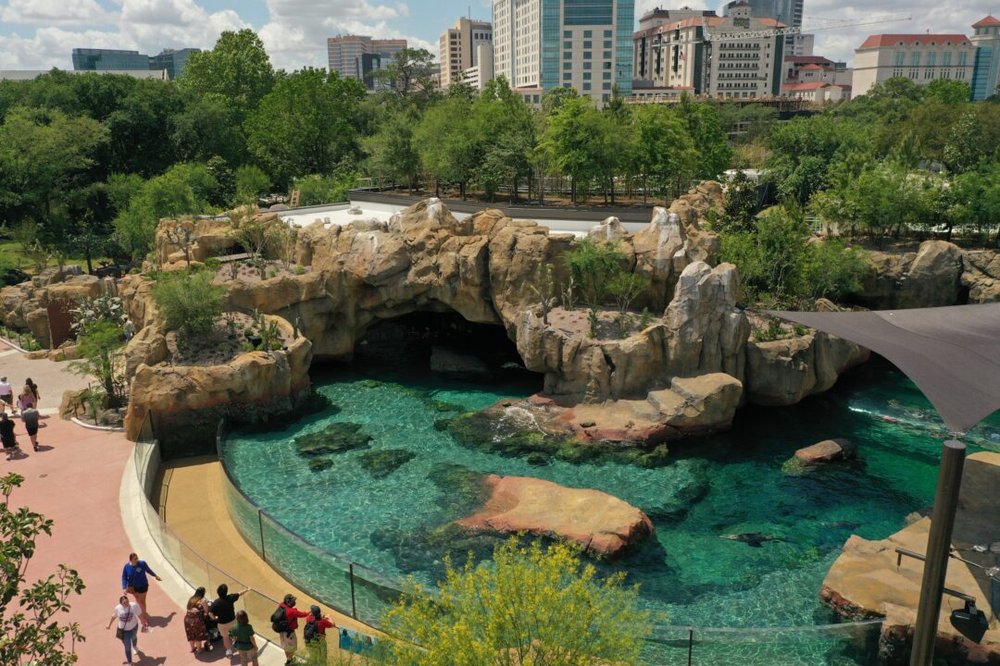
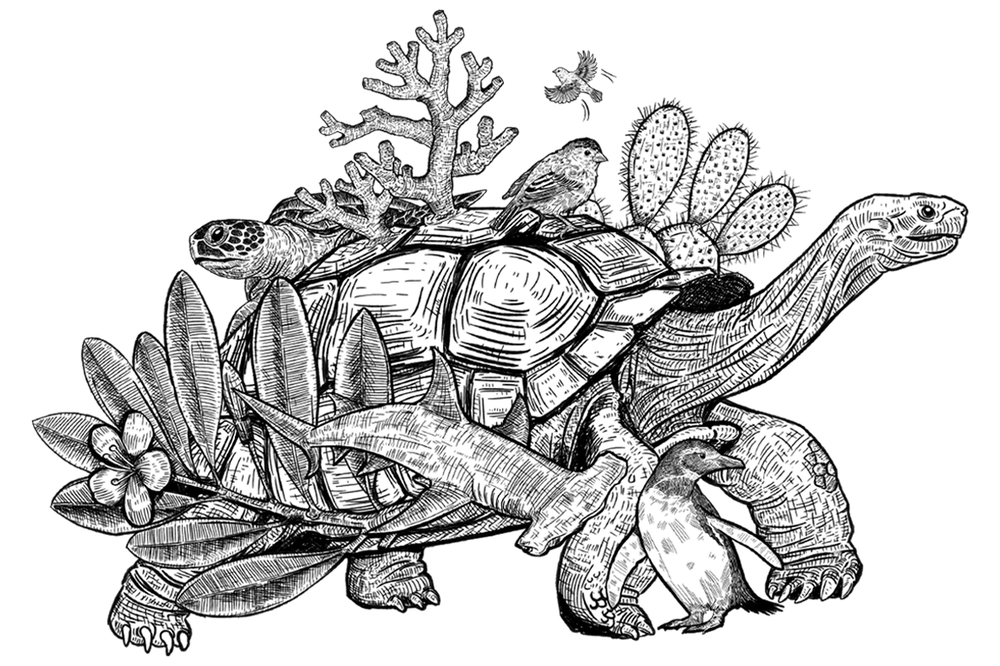
We are facing a global extinction crisis—1 million species are at risk, and wildlife populations have dropped by 73% since 1970 according to the Living Planet Report.
The loss of biodiversity goes beyond species disappearing—it disrupts entire ecosystems, weakens natural resilience, and jeopardizes human survival by impacting food security, water, climate stability, and public health.
Galapagos is home to more than 1900 species found nowhere else on Earth. From flightless cormorants to marine iguanas foraging at sea, giant tortoises roaming volcanic craters, and penguins swimming north of the equator, the islands hold some of the planet’s most unique wildlife.
However, climate change, invasive species, and human activity are pushing these species toward extinction. With more invasive species than native ones, Galapagos faces a critical moment—but there is still time to act.
Protecting Galapagos is more than saving a unique ecosystem. It’s a chance to prove that conservation works and that, even in the face of a global extinction crisis, we can protect biodiversity—and offer hope for our planet’s future.
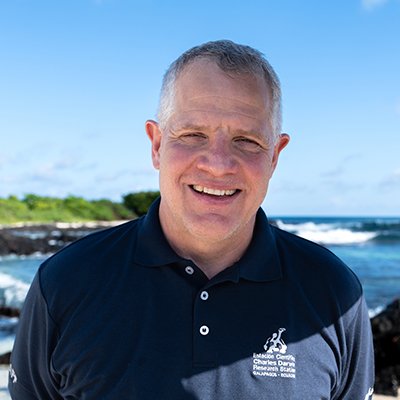
Got a question? Need help?